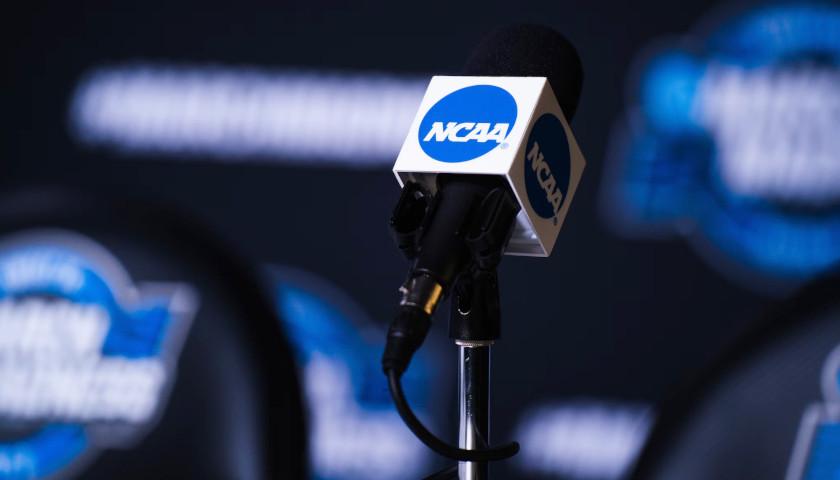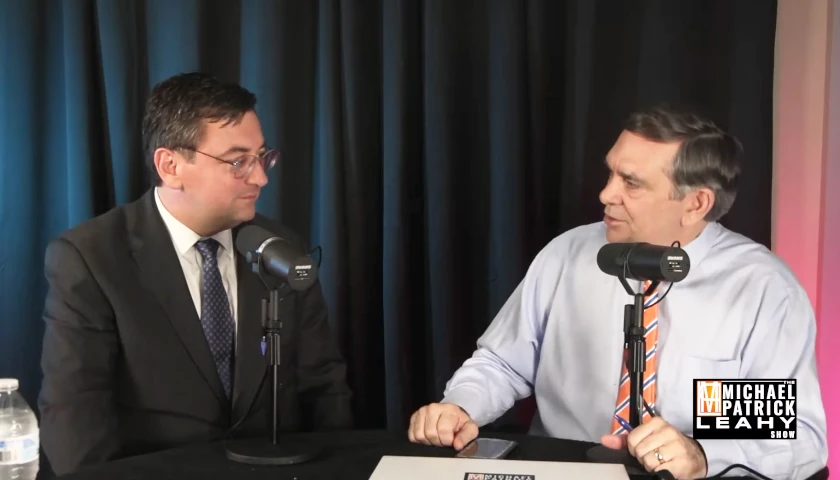The State of Tennessee, via Attorney General Jonathan Skrmetti, announced Thursday that it is joining six other states in an antitrust lawsuit against the National Collegiate Athletic Association (NCAA).
The lawsuit, according to Skrmetti’s office, challenges the NCAA’s student-athlete transfer eligibility rule, which currently states that athletes who transfer from one Division I school to another must sit out of competition for one season before they can resume playing.
In 2021, the eligibility rule was waived. But Skrmetti and six other attorneys general from Ohio, Colorado, Illinois, New York, North Carolina, and West Virginia, claim that the NCAA continues to apply the rule in some cases – like when a student-athlete transfers schools for a second time – “for no good reason.”
“College athletes deserve clear rules, consistently applied, so they can make the best decisions about their futures,” Skrmetti said.
Skrmetti’s office explained that while it understands and accepts the NCAA’s rule-making authority, “certain rules, lacking a clear procompetitive benefit, may run afoul of the nation’s antitrust laws, which are rooted in the belief that market forces yield the best outcomes.”
The 39-page lawsuit explains how, in the opinion of the attorneys general, the NCAA is violating antitrust laws. It says in part:
There are zero practical alternatives that can provide the unique combination of attributes offered by Division I NCAA athletic schools: (i) the ability to exchange athletics services for the payment of the partial or full cost of an education plus room and board, (ii) high quality academic educational services, (iii) top-of-the-line training facilities, (iv) high quality coaches that will best be able to launch players to professional careers, (v) national publicity through national championships and nationwide broadcasting contracts, (vi) opportunities to profit from name, image, and likeness (“NIL”) agreements, and (vii) competition at the highest level of collegiate athletics.
“In justifying the one-year waiting period for second-time transfers, the NCAA cites the promotion of academic well-being and the preservation of athletic amateurism,” Skrmetti’s office said. “But the suit calls the connection between the rule and these goals “pretextual’; notes that these purported goals can be accomplished through less-restrictive means that do not so significantly restrain the ability of our universities to compete; and argues that the harm it does to athletes and fans far exceeds any supposed benefits.”
The lawsuit was filed earlier this week in the U.S. District Court for the Northern District of West Virginia, and the seven attorneys general are seeking a temporary restraining order and a preliminary injunction preventing the NCAA from enforcing the transfer eligibility rule in all cases.
– – –
Pete D’Abrosca is a reporter at The Tennessee Star and The Star News Network. Follow Pete on Twitter/X.
Photo “NCAA College Basketball” by NCAA.






The NCAA has deteriorated into a political operation that dances with the devil.